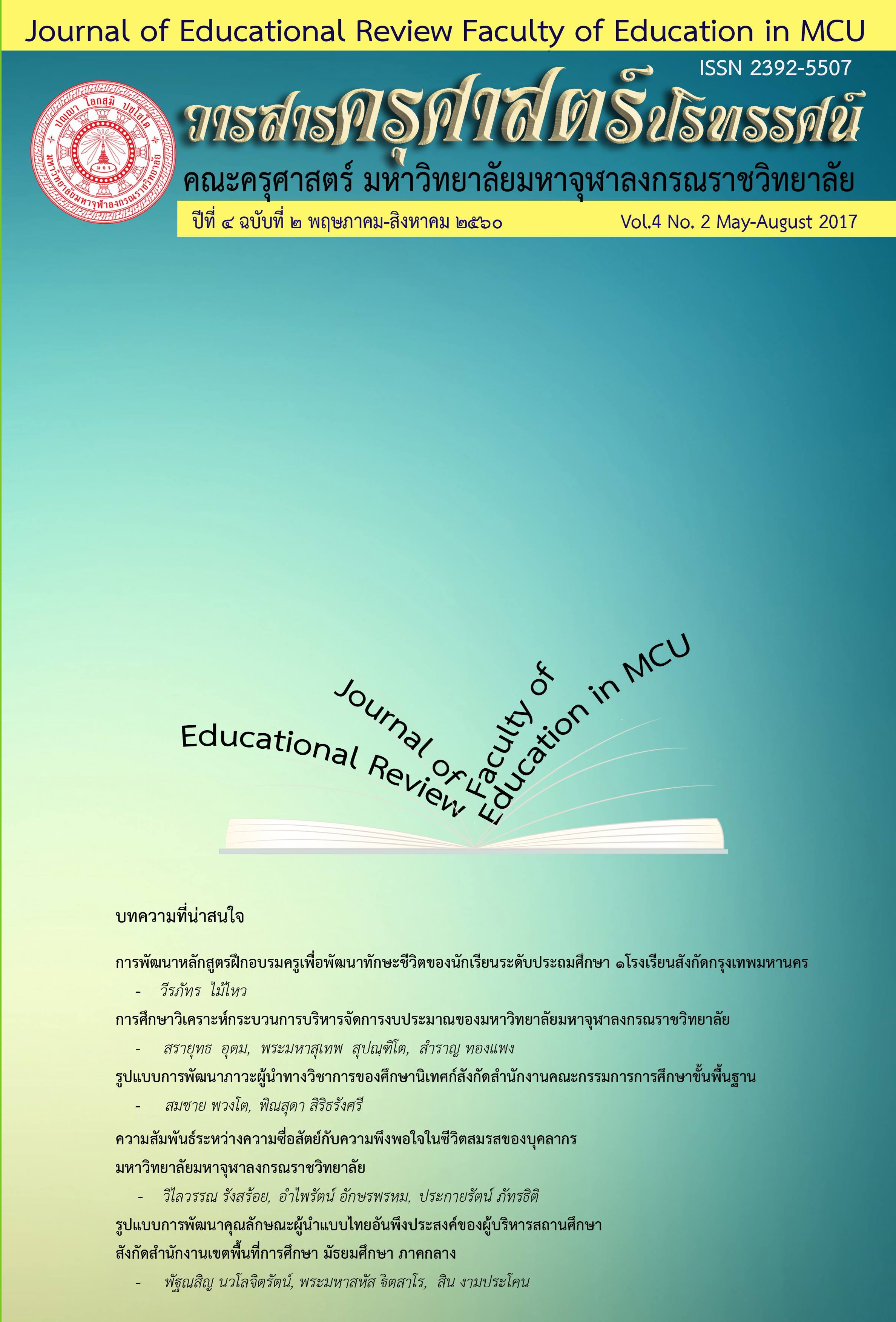Toilets: Buddhist Perspectives on Hygienic Systems
Main Article Content
Abstract
In Buddhism, the word “health” means good physical health according to the words “appāphato (little pain) and “appātanko” (little disease), and as stated in the Buddhist Scriptures: “Buddhist monks have little illness and minor ailments.” Toilets were one of the earliest of human innovations, and have been used since ancient times, including when The Buddha was alive. In fact, toilets became such an issue with a group of monks, even though The Buddha forbade the debate, that The Buddha felt it necessary to retreat to live in the forest where elephants and monkeys became alms-bearers.
Buddhism promotes health from various perspectives – how to care for the oral cavity and teeth, care for the body, bathing, caring for hair, use of clothing and including the digestive system. Buddhism specifies what components a toilet must have and how it must be used. The Buddha allowed the use of toilets for the benefit of health and cleanliness, as well as disease prevention, including not allowing standing for urination or defecation, not allowing defecation, urination or expectoration into water, and not allowing bhiksunis to throw rubbish, urine or faeces over fences or into areas where people regularly walked about. The use of wooden shoes, holes for defecation, the edges of toilets and footrests, the use of raised areas to prevent soiling, rails, sticks used for cleaning and the baskets for keeping the sticks, amongst others, are also specified.
Toilets can be seen as an example of how Buddhist concepts of health apply not only to physical health, but also relate to psychological health (such as how the healthy are better able to practice Buddhism and achieve enlightenment), social health (such as the importance of rules and regulations for the social cohesion of the monkhood), and ecological health (such as not polluting the environment which can cause feedback impacts.)
Article Details
ทัศนะและความคิดเห็นที่ปรากฏในบทความในวารสารฉบับนี้ถือเป็นความรับผิดชอบของผู้เขียนบทความนั้นเพียงผู้เดียว และไม่ถือเป็นทัศนะและความรับผิดชอบของกองบรรณาธิการ
กองบรรณาธิการขอสงวนสิทธิ์ในการคัดเลือกบทความลงตีพิมพ์และจะแจ้งให้เจ้าของบทความทราบหลังจากผู้ประเมินบทความตรวจอ่านบทความแล้ว
ต้นฉบับที่ได้รับการตีพิมพ์ในวารสารครุศาสตร์ปริทรรศน์ คณะครุศาสตร์ มหาวิทยาลัยมหาจุฬาลงกรณราชวิทยาลัย ถือเป็นกรรมสิทธิ์ของคณะครุศาสตร์ มหาวิทยาลัยมหาจุฬาลงกรณราชวิทยาลัย ห้ามนำข้อความทั้งหมดหรือบางส่วนไปพิมพ์ซ้ำ เว้นเสียแต่ว่าจะได้รับอนุญาตจากมหาวิทยาลัยฯ เป็นลายลักษณ์อักษร


